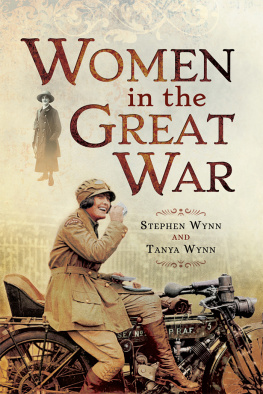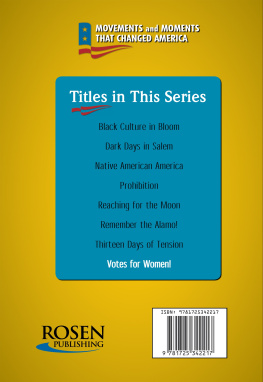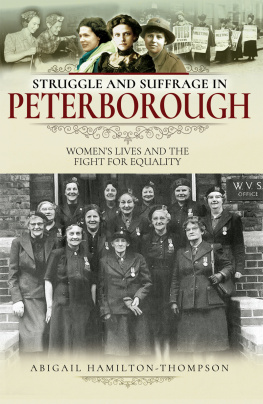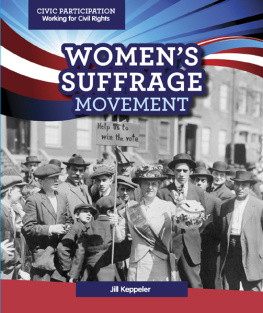First published in Great Britain in 2020 by
Pen & Sword Military
An imprint of
Pen & Sword Books Limited
Yorkshire - Philadelphia
Copyright Eugenia Russell and Quentin Russell, 2020
ISBN 978 1 52671 2 660
eISBN 978 1 52671 2 684
Mobi ISBN 978 1 52671 2 677
The right of Eugenia Russell and Quentin Russell to be identified as Authors of this work has been asserted by them in accordance with the Copyright, Designs and Patents Act 1988.
A CIP catalogue record for this book is available from the British Library
All rights reserved. No part of this book may be reproduced or transmitted in any form or by any means, electronic or mechanical including photocopying, recording or by any information storage and retrieval system, without permission from the Publisher in writing.
Pen & Sword Books Limited incorporates the imprints of Atlas, Archaeology, Aviation, Discovery, Family History, Fiction, History, Maritime, Military, Military Classics, Politics, Select, Transport, True Crime, Air World, Frontline Publishing, Leo Cooper, Remember When, Seaforth Publishing, The Praetorian Press, Wharncliffe Local History, Wharncliffe Transport, Wharncliffe True Crime and White Owl.
For a complete list of Pen & Sword titles please contact
PEN & SWORD BOOKS LIMITED
47 Church Street, Barnsley, South Yorkshire S70 2AS, United Kingdom
E-mail:
Website: www.pen-and-sword.co.uk
Or
PEN AND SWORD BOOKS
1950 Lawrence Rd, Havertown, PA 19083, USA
E-mail:
Website: www.penandswordbooks.com
Acknowledgements
In writing this book we have made extensive use of the Victoria County History, the Watford Illustrated (no longer in existence), the West Herts Post (no longer in existence) and the Watford Observer .
We have benefited from the ongoing research of many local history groups such as Abbots Langley Local History Society, Croxley Green History Project, Kings Langley Local History Society, North Watford History Association and the West Watford History Group. The knowledge and advice of Chris Reynolds of the Hertfordshire Genealogy has been invaluable, as well as the website itself as a resource.
We thank the staff and volunteers of the Hertfordshire Archives & Local Studies (HALS), the Watford Museum and the Bushey Museum for their assistance and kind interest in our work. Bushey Museum granted permission for the use of many wonderful photographs from their archive, for which we are grateful. Ian Read, historian at the Bushey Museum, has been extremely helpful and generous with his time, picture research and expertise.
We are indebted to Thalia Russell, who found the time alongside her own studies to offer insights, conduct research, share her passion for social history and debate important points on various sections of the book.
Important Dates in British Womens History
c.18501950
1842 Collieries Act bans women and boys under 10 working underground in mines.
1847 Factory Act limits women and young persons (1318) to a ten-hour working day in textile factories.
1849 Bedford College, Bloomsbury, the first higher education college for women in the UK founded by the social reformer and anti-slavery activist Elizabeth Jesser Reid in 1900 it became part of the University of London.
1853 Act for the Better Prevention and Punishment of aggravated assaults upon women and children brought in to counter domestic violence. Makes it a prison sentence of up to six months with or without hard labour for a man who beats his wife.
1857 Matrimonial Causes Act gives men the right to divorce their wives on grounds of adultery but not vice versa, the women losing custody of any children.
1861 Offences Against the Person Act (revision of the Acts of 1828, 1841 and 1849) modifies the penalties for offences against women (rape, abduction and defilement), deals with the procurement of women under 21 for prostitution and indecent assault, outlaws abortion and makes bigamy an offence.
1867 The Manchester Society for Womens Suffrage founded. 1869 The Subjection of Women by John Stuart Mill published.
Municipal Franchise Act allows women ratepayers to vote in local elections
Ladies National Association founded by Elizabeth Wolstenholme and Josephine Butler sought to repeal what they thought to be the discriminatory Contagious Diseases Acts, 1864, 1866 and 1869 (concerned with the spread of venereal diseases) that subjected women to degrading internal examinations and in the process legalising prostitution.
The Edinburgh Seven, seven female students led by Sophia Jex-Blake matriculated into the University of Edinburgh to read Medicine they were prevented from graduation.
Girton College for women established in Cambridge but not formally part of the university until 1948, which marked the official entry of women into the university.
1870 Married women legally allowed to keep their own earnings.
1874 The London School of Medicine for Women, the first institution to train women doctors, founded by Sophia Jex-Blake, Elizabeth Garrett Anderson, Emily Blackwell and Elizabeth Blackwell and Thomas Henry Huxley.
1875 Offences Against the Person Act extended the scope of sexual offences against children, raising the age of consent to 13 from its historic minimum of 12 (since 1275).
1877 The Fruits of Philosophy by the American birth control campaigner Charles Knowlton published by the socialist and feminist Annie Besant and Charles Bradlaugh causes a scandal and they are prosecuted, the case thrown out on a technicality.
1878 The University of London opens its doors to women by supplemental charter and all female Royal Holloway College founded by philanthropist Thomas Holloway in 1879.
1878 Law limits womens working hours to no more than fifty-six hours a week in any factory.
Law allows women to obtain a separation order from a husband who is violent.
1880 Three women obtain degrees from the University of London, the first to be awarded degrees from a British university.
Publication by Alfred Dyer of The European Slave Trade in English Girls which exposed the French system of licensed brothels and the trade in girls under 21 with false papers.
1882 Married Womens Property Act allows women to retain and own property separate from their husband.
1882 College Hall (for University College London and the London School of Medicine for Women) becomes the first Hall of Residence for Women.
1883 The mathematician Sophie Willock Bryant becomes the first woman to be awarded a Doctor of Science degree (Bedford College).
1884 Women first play tennis at Wimbledon Ladies Champion is Maud Watson.
1885 The creation of the National Vigilance Society amid concern for child protection.
The Criminal Law Amendment Act, An Act to make further provision for the Protection of Women and Girls, the suppression of brothels, and other purpose, raised the age of consent to 16 in reaction to W.T. Steads










